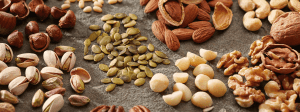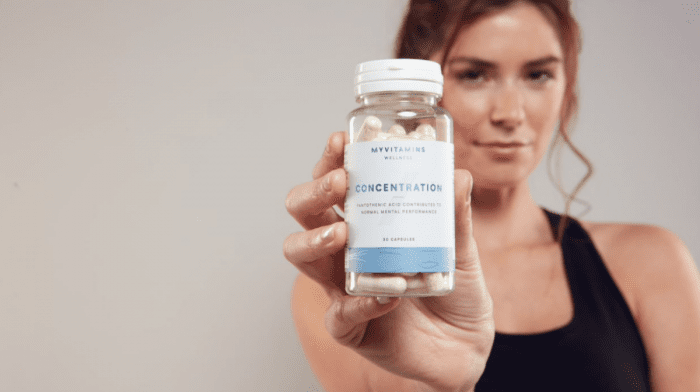The word ‘minerals’ often comes hand in hand with vitamins. They’re both types of micronutrients; this means we need them in smaller amounts compared to the macronutrients of protein, fats and carbohydrates.
The difference between vitamins and minerals mostly lies in their chemical bonding, and how the body can break these nutrients down and absorb them. Minerals are made of slightly sturdier stuff than vitamins and are more likely to hold onto their chemical structure. Vitamins can be broken down by heat, light, or acid (such as stomach acid).
In this article we’ll explain why minerals are important, and which foods are the most mineral-rich:
- What are minerals in food?
- Why do we need minerals?
- What minerals do we need in our body?
- Foods rich in minerals
- FAQs
What Are Minerals In Food?
Minerals are organic compounds that can be found in soil and water, which are then absorbed into plants and the bodies of the animals that eat those plants. Minerals are used for growth and repair of tissues, energy and metabolism, and correct cellular functioning. A deficiency in any of the micronutrients may lead to a specific set of symptoms as well as general symptoms such as lack of energy, brain fog, and poor immune functioning.

Why Do We Need Minerals?
Most adults require up to 100 milligrams per day of any micronutrient, although the recommendations for each vitamin and mineral can vary. The body is unable to synthesise some minerals completely; other minerals can be synthesised but not in adequate amounts. Therefore, minerals must be obtained through dietary sources.
What Minerals Do We Need In Our Body?
The five most important minerals are calcium, phosphorus, potassium, sodium and magnesium. Many of these are used for cellular reactions within the body; many cells contain gated channels that use these nutrients as the opening and closing mechanism. Trace elements are those that are considered to have specific functions and include iron, zinc, iodine, copper, sulphur, choline, cobalt, manganese and selenium.
Foods Rich In Minerals
1. Natural yoghurt
Calcium is the most abundant mineral in the body, with 98% of it being stored in bones. Calcium is essential for strong bones and teeth, with low levels leading to brittle bones and increased risk of fractures. Dairy products such as natural yoghurt, cheese and cow’s milk are all excellent sources of calcium.














